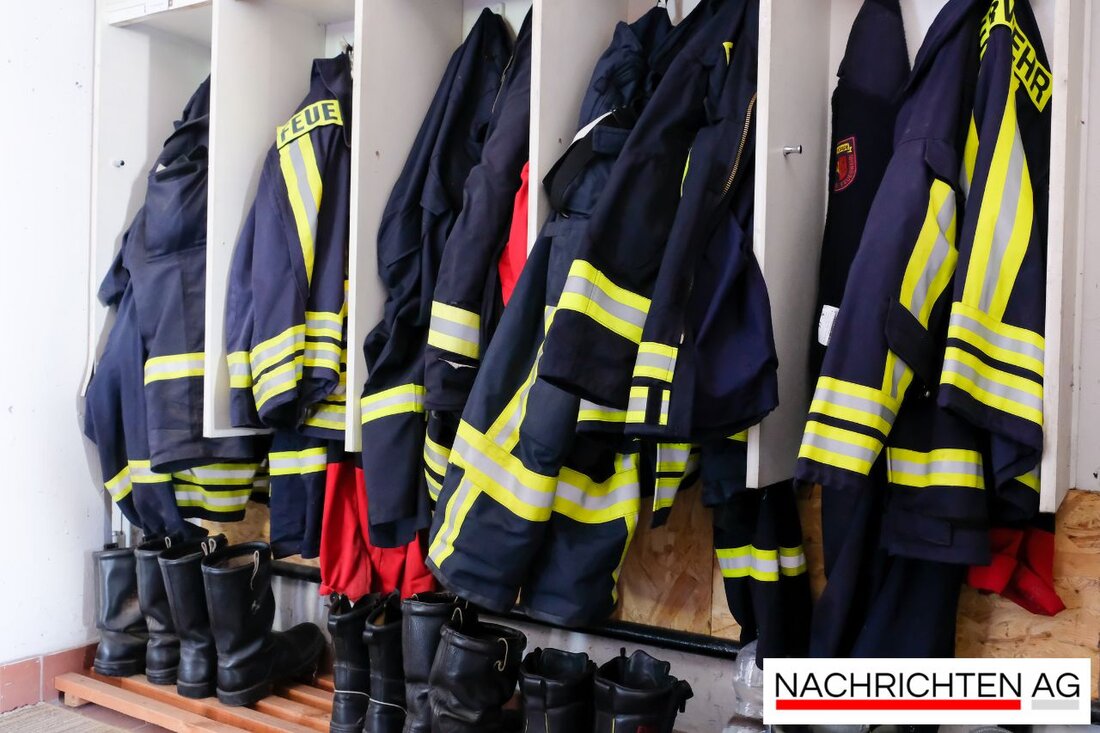Red alert in the Harz: Forest fire threatens nature and tourism!
Find out how increasing forest fire risks in the Harz National Park, especially in Schierke, are being addressed preventively.

Red alert in the Harz: Forest fire threatens nature and tourism!
In the picturesque region around Schierke, southeast of the Brocken, there are signs of a worrying year for nature. Around 500 residents live here, and around 2,000 tourists continue to flock to the small town, which lies at the foot of the Harz National Park, every year. But with every visitor who arrives comes concern about possible forest fires, which endanger not only nature, but also the entire tourist infrastructure, not to mention the residents who may have to flee in the event of a fire. As MDR reports, if tourists stay away in an emergency, it could cause a double catastrophe.
The forest fire has the potential to become a real threat. Fire experts repeatedly emphasize the importance of preventive measures. For this reason, fire water extraction points were set up in the area and the fire brigade's tank cars were coupled to the Harz narrow-gauge railway (HSB) in order to be able to react quickly and effectively in an emergency. Kai-Uwe Lohse, the state fire chief, points out that the current fire season started early and calls for increased vigilance and responsible resource management.
Forest fire forecasts and human behavior
But the risk of forest fires doesn't just hover over Schierke. According to that Harz National Park The risk of forest fires in Germany increases due to increased temperatures and falling precipitation in the key months. Forest fires are still relatively rare in Germany, but they are becoming more and more common, and mostly due to human activity. Illegal fireplaces, carelessly discarded cigarette butts, parking vehicles on dry surfaces and sources of sparks pose a great danger. The responsibility for forest fire prevention lies in the hands of the people.
Statistics from Federal Environment Agency While show that the area affected by forest fires decreased significantly between 1991 and 2017, recent years have been particularly problematic. Extreme drought and heat in 2018 and 2019 led to an increase in fires, especially in the northeastern federal states, with Brandenburg experiencing particularly intense problems.
Challenges and future strategies
In order to overcome the challenges of forest fire prevention, firefighting systems and the training of emergency services must be continuously improved. In addition, local politicians, especially Schuck, are calling for a fundamental decision to resolve the dead wood problem in the national park, as clearance is necessary not only for ecological but also for economic reasons. According to MDR, there is still room for improvement here.
The bill for 1.3 million euros that the Bundeswehr put up for its fire-fighting operation also became an issue. Lohse considers this calculation to be excessive, but still sees the need for the effort. Despite all the difficulties, there is progress. Three years ago, the use of firefighting aircraft was still immature, but significant progress has now been made in this area.
The impending danger of forest fires is therefore an urgent issue – not only for the residents of Schierke, but also for the entire region. In times of climate change, the preventive and reactive strategy will be crucial to preserve our forests and nature.

 Suche
Suche
 Mein Konto
Mein Konto